Coconut oil is said in the media to slow aging, benefit the heart and thyroid, help with weight loss, and even protect against Alzheimer’s and other chronic diseases, but there is no good evidence to support these claims. In particular, coconut oil has mixed results regarding heart disease and is very high in saturated fats (84%, vs. 14% for olive oil). For better health, most of our dietary fat should come from unsaturated sources including canola, corn, olive, peanut, safflower, soybean and sunflower oils.
It’s fine to add small amounts of coconut oil to your diet, but don’t expect big results
